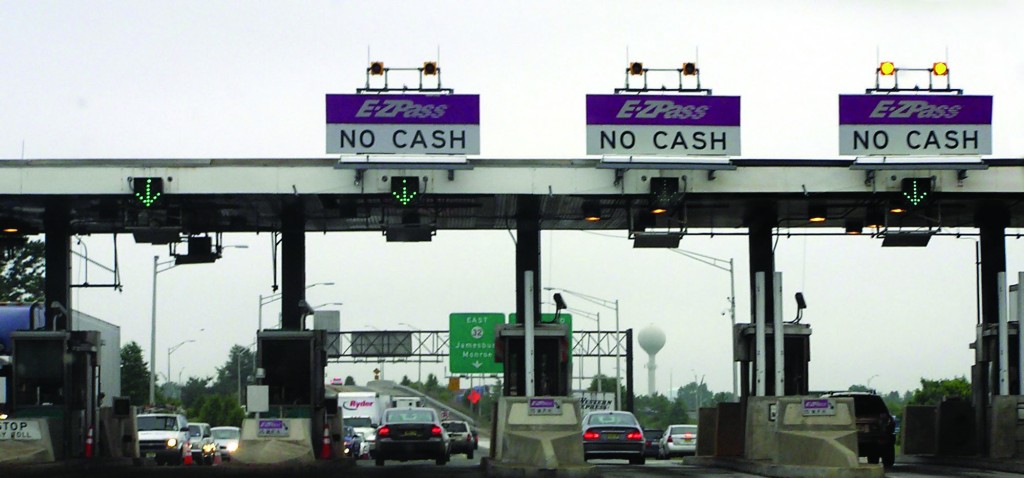NJ Toll Collectors Fight for Jobs in Privatization

Working in a metal booth in the middle of a highway — while traffic zooms by and choking exhaust fumes fill the air — may not sound like an ideal job to most people.
But the unions representing toll collectors on the Garden State Parkway and New Jersey Turnpike are fighting to protect those jobs as technology cuts into the work force and plans for privatization become more intense.
Union leaders are worried that toll takers may disappear altogether unless they are able to stop the New Jersey Turnpike Authority from privatizing the fare-collection system on both roads.
“It’s just a shame what is being done. They’re in constant fear of losing their jobs,” said Kevin McCarthy, president of Local 194 of the International Federation of Professional and Technical Engineers.
The turnpike authority has decided to accept bids for a private company to oversee toll collection, including the human toll takers and the automated E-ZPass system. The same issue was debated in 2011, but privatization was avoided then because the unions agreed to accept salary cuts and other concessions.
The unions claim they have sacrificed enough. They have been staging protests at the turnpike authority’s headquarters to underscore what they say is “the plight of these workers.”
Tom Feeney, a spokesman for the turnpike authority, however, said a governor’s task force already has studied the issue and concluded that toll collection is an area where outsourcing the jobs “could produce significant savings without compromising quality in any way.”
In recent years, the toll collector workforce has been shrinking. As more full-time toll takers have retired, they have been replaced by part-timers earning $12 per hour. Currently, there are 200 toll collectors on the turnpike and 136 on the parkway, down from a one-time total work force of about 1,000.
Toll collectors formerly were a ubiquitous part of highways across the country. In those days, drivers had to stop at the toll booths and hand over the fare to human collectors.
But the advent of E-ZPass 20 years ago has all but replaced the human toll collectors. E-ZPass currently accounts for more than 80 percent of the toll-paying traffic on the turnpike and 78 percent on the parkway.
In August, the South Jersey Transportation Authority, the expressway’s operator, awarded a $3.7 million contract to a private company to run the highway’s manual toll-collection system through November 2014. The move is expected to save the expressway about $7.5 million, because it has been relieved of the cost of salaries and benefits for toll collectors.
Debate continues about having a completely automated toll system on the expressway, parkway and turnpike. In the meantime, the human toll collectors continue to survive because some motorists embrace the old-fashioned system of manually paying their fares.
This article appeared in print on page 14 of edition of Hamodia.
To Read The Full Story
Are you already a subscriber?
Click "Sign In" to log in!

Become a Web Subscriber
Click “Subscribe” below to begin the process of becoming a new subscriber.

Become a Print + Web Subscriber
Click “Subscribe” below to begin the process of becoming a new subscriber.

Renew Print + Web Subscription
Click “Renew Subscription” below to begin the process of renewing your subscription.











